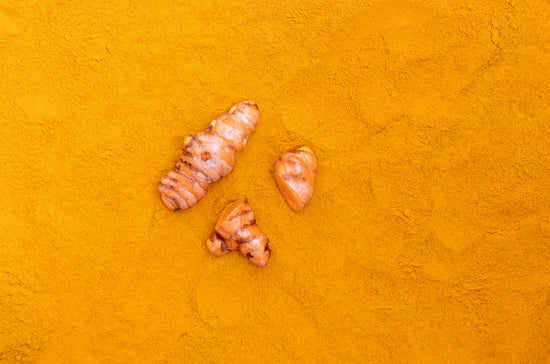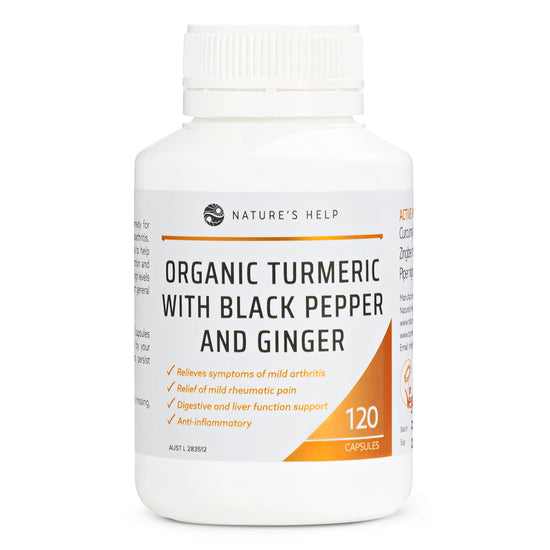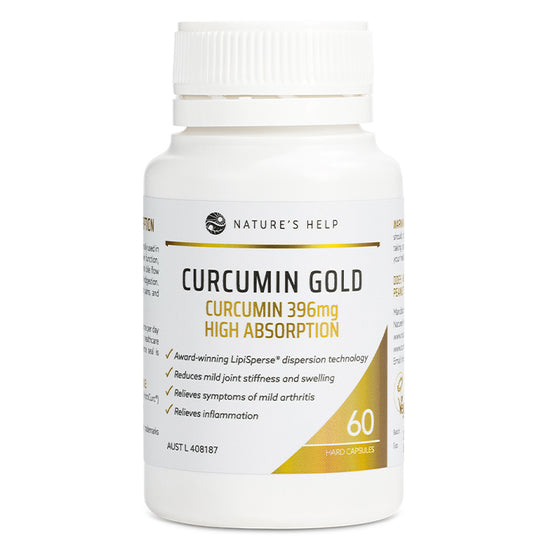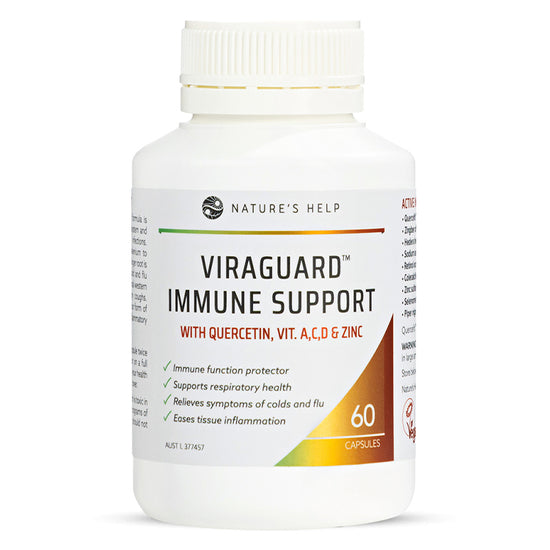Inflammation is a defence mechanism in the body. The immune system recognizes damaged cells, irritants, and pathogens, and it begins the healing process. When something harmful or irritating affects a part of our body, there is a biological response to try to remove it. This inflammatory response is generally referred to as acute inflammation and although the symptoms can be uncomfortable, it is a sign that the body is trying to heal itself.
Acute inflammation may present itself as;
- Pain: The inflamed area is likely to be painful, especially during and after touching. Chemicals that stimulate nerve endings are released, making the area more sensitive.
- Redness: This occurs because the capillaries in the area are filled with more blood than usual.
- Immobility: There may be some loss of function in the region of the inflammation.
- Swelling: This is caused by a build-up of fluid.
- Heat: More blood flows to the affected area, and this makes it feel warm to the touch.
These five acute inflammation signs only apply to inflammations of the skin. If inflammation occurs deep inside the body, such as in an internal organ, only some of the signs may be noticeable.
The above form of inflammation is extremely beneficial in the way the body heals itself, however, there is a secondary form of inflammation, known as chronic inflammation.
Chronic inflammation is not part of the body’s natural healing process, it is a condition where dilated blood vessels and a hyped up immune system become the new norm. The human body is not designed to cope with this unfocused immune activity and research suggests that it may be a causative effect of many diseases and may even accelerate the ageing process in the average person.
Symptoms of chronic inflammation may present as the following symptoms;
- Fatigue
- Mouth sores
- Chest pain
- Abdominal pain
- Fever
- Rash
- Joint pain
Studies have suggested that chronic inflammation may be caused by factors such as; excess weight, poor diet, lack of exercise, stress, smoking, pollution, poor oral health, and excessive alcohol consumption.
Often, acute inflammation is perceived as “good,” because it is the body’s attempt to heal itself after an injury, and chronic inflammation as “bad” but it has been said that this is not a very useful distinction. Whether acute or chronic, inflammation is the body’s natural response to a problem, therefore, when chronic inflammation is present, a look in one’s lifestyle should be performed to ascertain the possible cause.
Many studies are being conducted to understand the implications of chronic inflammation on the body, it is currently believed to affect the below;
• The Heart
Chronic inflammation has been linked to cardiovascular diseases. Although it is not proven that inflammation causes cardiovascular disease, inflammation is common for heart disease and stroke patients.
• Diabetes
Chronic inflammation has been shown to affect insulin signalling, resulting in increased insulin resistance and spiked blood sugar. The spikes trigger white blood cells to attack, and inflammation continues.
• The Lungs
Chronic inflammation in the lungs is a factor in many problems, such as asthma. When lungs are inflamed, fluid can accumulate, and the airways can narrow, making breathing difficult.
• Bone Health
Chronic inflammation has shown to be associated with increased bone loss and lack of bone growth. Furthermore, inflammation in the gut can decrease the absorption of nutrients that are important to bone health, like calcium and vitamin D.
• Depression
A 2015 study found that people with depression had 30% more brain inflammation than those who were not depressed. Furthermore, inflammation has been linked to symptoms of depression, including feeling down, loss of appetite and sleep problems.
There are many foods that have shown to have anti-inflammatory properties and with the rise in natural remedies, alternative therapies and eating for healthy diets, it is no surprise that more studies are being conducted on foods with healing properties.
The below foods have shown to possess high levels of natural anti-inflammatory properties;
- Tomatoes
- Olive Oil
- Fruit – Strawberries, Blueberries, Oranges
- Nuts – Almonds, Walnut
- Leafy Greens – Spinach, Kale
- Fatty Fish – Salmon, Tuna, Sardines
- Whole Grains – Brown Rice, Quinoa
- Herbs & Spices – Turmeric, Cinnamon, Cloves
Although diet plays a large role in inflammation, other factors such as stress, vitamin deficiency and lack of exercise have also shown to increase inflammation. As with most things in life, it is about finding the balance to holistically heal your body and feel the best you possibly can.
Please note: This article is not intended to diagnose, treat, cure, or prevent any disease. Results may vary from individual to individual.










